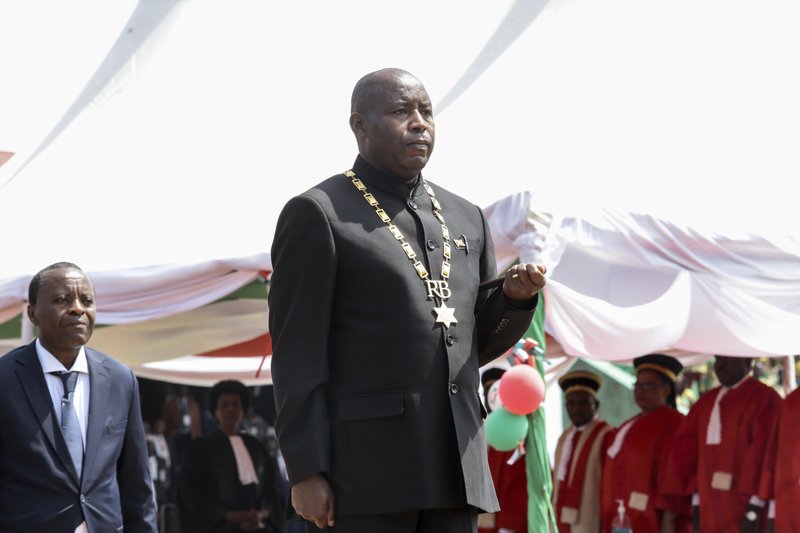
UN probe urges Burundi to break ‘cycle of violence’
The UN Commission of Inquiry on Burundi urged the East African country’s new government on Monday to “break the cycle of violence” and start cooperating with the United Nations.

In a statement, the commission, which publishes its final report in September, urged Burundi’s new president, Evariste Ndayishimiye, to “demonstrate his will for change”.
It urged him to cooperate fully with international human rights mechanisms — including the commission itself — and reopen the UN Office for Human Rights in Burundi.
The Commission of Inquiry, established in 2016, is charged with identifying alleged perpetrators of human rights violations and abuses in Burundi since 2015, with a view to ensuring full accountability.
Former president Pierre Nkurunziza never allowed investigators into the landlocked country of some 11 million people.
Burundi has been in crisis since 2015, when Nkurunziza ran for a third term and was re-elected in a vote boycotted by most of the opposition.
At least 1,200 people were killed and more than 400,000 displaced in violence between April 2015 and May 2017 that the UN says was mostly carried out by state security forces.
Nkurunziza, who ruled for 15 often tumultuous years, died suddenly last month aged 55, shortly after elections won by Ndayishimiye, an army general handpicked by the ruling party to succeed him.
“Burundi needs more than a new president to break the cycle of violence,” the commission said, describing the country as being at a crossroads.
The commission noted that in his inauguration speech, Ndayishimiye stressed the need to improve the human rights situation and the fight against impunity.
However, his government is “composed essentially of caciques (chiefs) of the regime of the late president”, including some under sanctions for alleged rights violations, the commission claimed.
“This transition could become an opportunity for improvement if the government takes concrete measures,” said commission chair Doudou Diene.
“The international community must remain vigilant and mobilised to encourage action that addresses the root causes of human rights violations.






